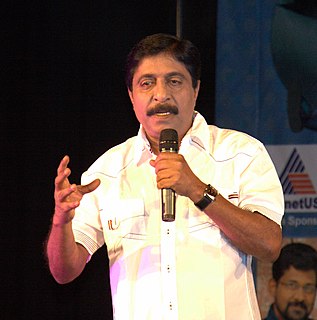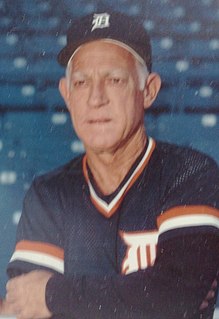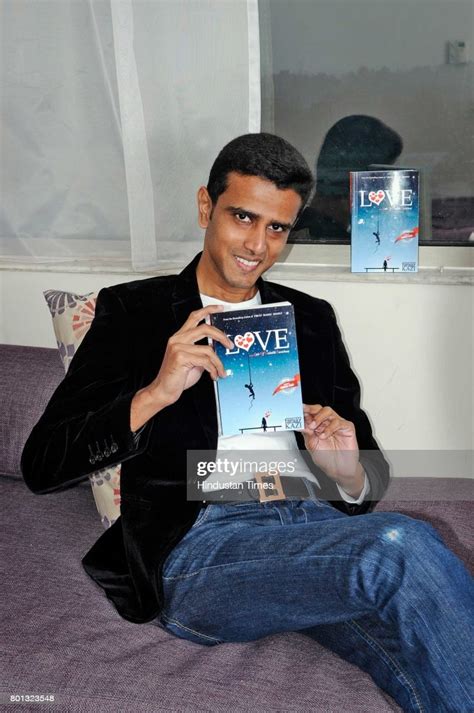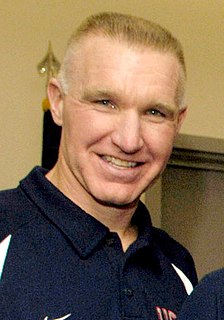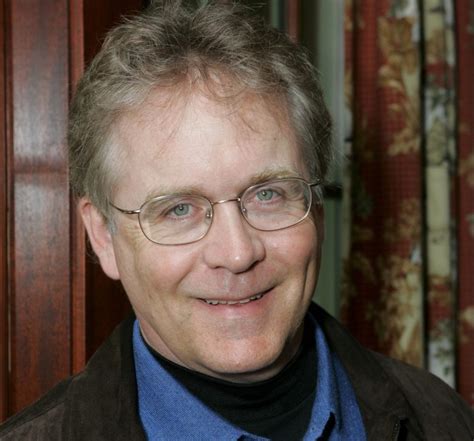A Quote by Sreenivasan
Generally people forget the past and the path they took.
Related Quotes
I think that the romantic impulse is in all of us and that sometimes we live it for a short time, but it's not part of a sensible way of living. It's a heroic path and it generally ends dangerously. I treasure it in the sense that I believe it's a path of great courage. It can also be the path of the foolhardy and the compulsive.
Once we have forgiven, however, we get a new freedom to forget. This time forgetting is a sign of health; it is not a trick to avoid spiritual surgery. We can forget because we have been healed. But even if it is easier to forget after we forgive, we should not make forgetting a test of our forgiving. The test of forgiving lies with healing the lingering pain of the past, not with forgetting the past has ever happened.
The Tathagatha... is the originator of the path unarisen before, the producer of the path unproduced before, the declarer of the path undeclared before. He is the knower of the path, the discoverer of the path, the one skilled in the path. And his disciplines now dwell following that path and become possessed of it afterwards.
